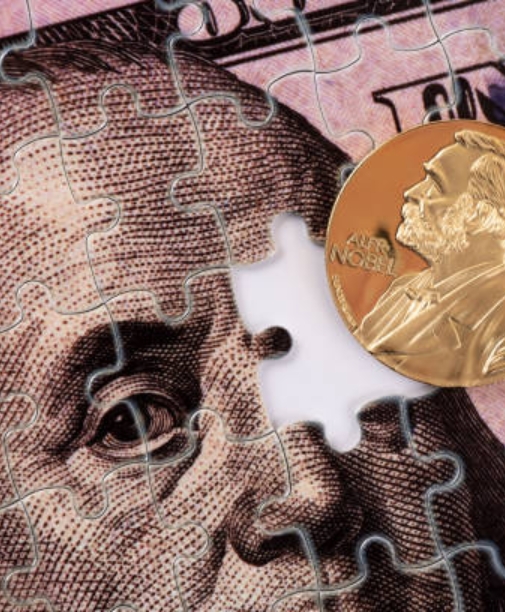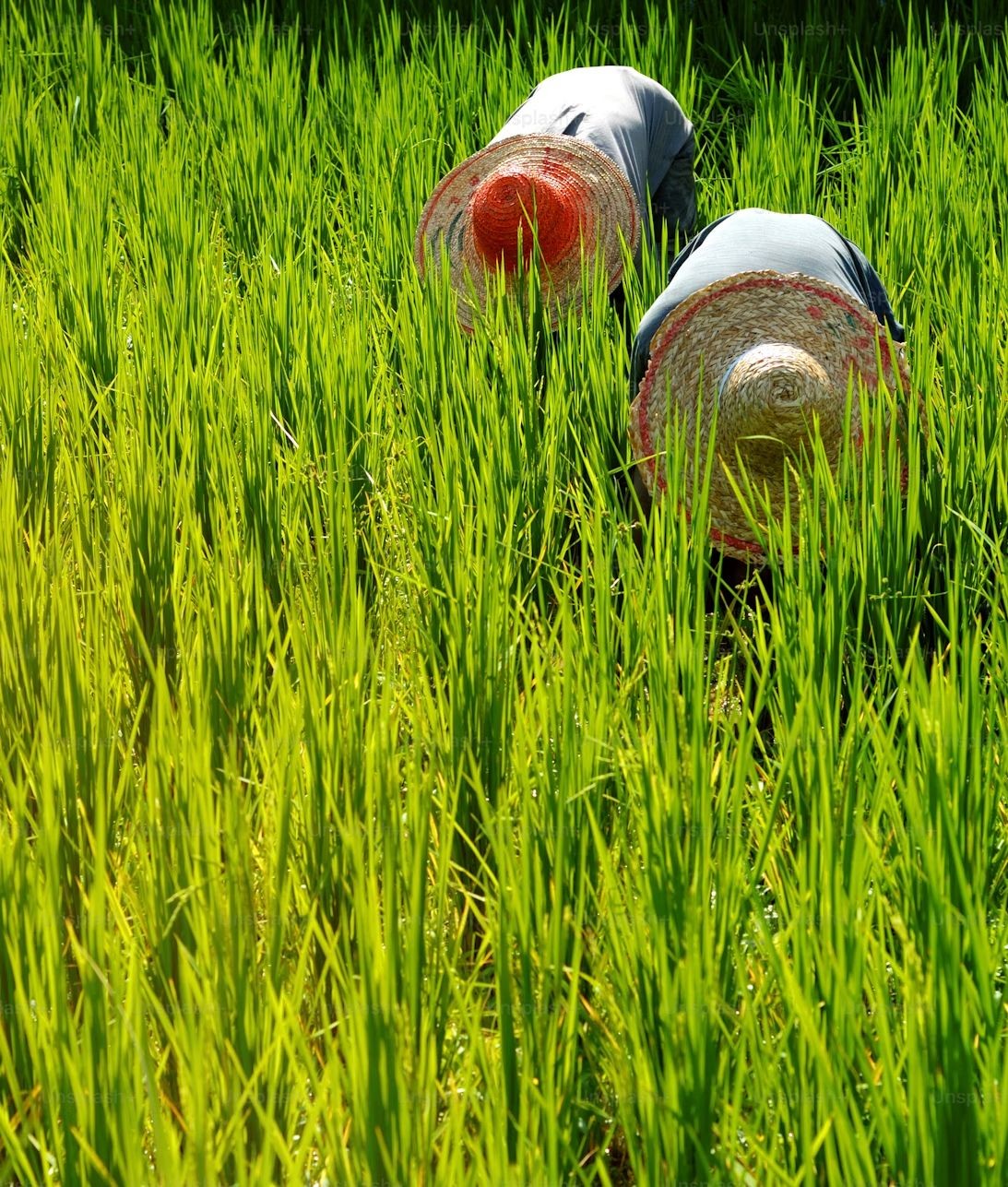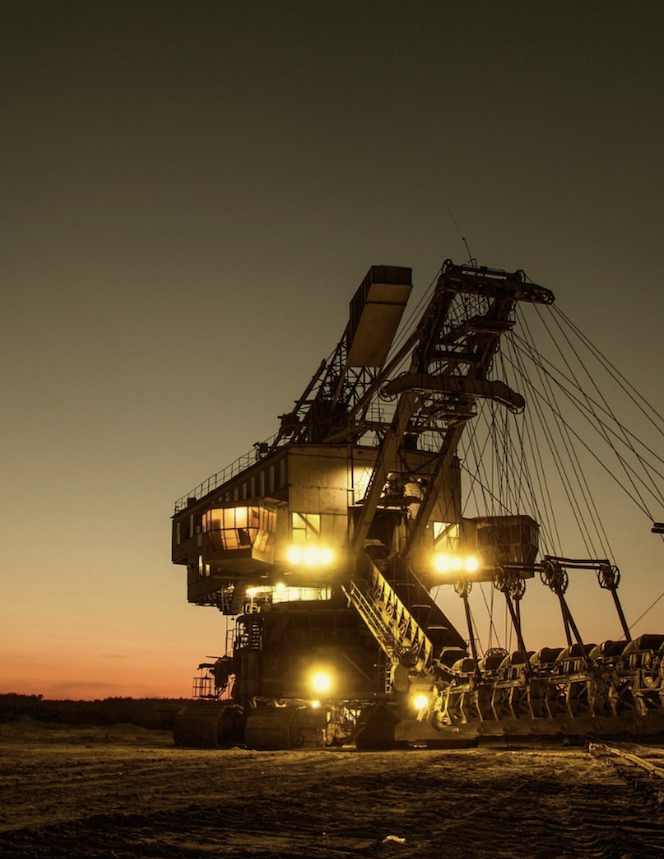
Expert Eye: Covid-19, a call to reset the economy

Hans Stegeman, Chief Investment Strategist at Triodos Investment Management, discusses how Covid 19 can be a window to reset the economy. In his research he tackles questions such as the root causes for the systemic failure we experience since the Covid-19 outbreak, or an action plan for a resilient and inclusive recovery.
Through the targeted use of money in a sustainable economy, Triodos Bank promotes responsible growth and economic activity and a sustainable development of society. At the same time, it consistently offers sustainable financial services to bring about long-term positive changes for people and the environment.
Could you give some insights into your latest publication “Reset the Economy” ?
The pandemic has left its mark on all of us. Many suffer from economic insecurity, others struggle with their health – just to name the most common consequences of the coronavirus crisis on individuals. The effects of the health crisis quickly spilled over and made the coronacrisis a systemic failure of our economic and social system. There are three root causes for this systemic failure: Firstly, the relation of humans to nature is broken. This is reflected by deforestation, intensive farming and mining for instance. This profit-oriented behaviour was the perfect precondition for the spillover of diseases from wildlife to humans. Secondly, societal inequality and weaknesses in healthcare have become more visible than ever before. Not only within a society but also between countries the economic severeness of the crisis differs due to national income. Thirdly, our economies are not equipped with buffers and a lack of resilience because the omnipresent aim is economic growth.
For a long-term recovery, we must (i) Redefine: When learning about economics, every student nowadays knows that GDP does not equal the “true” value. Thus, the cost of production must be adopted as a metric for transactions; (ii) Revalue: Market prices do not necessarily reflect our values. Therefore, we have to strengthen public institutions and introduce a mixed economy with different stakeholder models and an open market (iii) Redesign: diversity and flexibility of economic activity is the imperative of the crisis and should be the most important take away. European cooperation and a shift from hyperglobalisation to glocalization are highly crucial to succeed in the process of resetting the economy.
In your paper you say: “There is broad scientific consensus about the risks we face and how we need to address them – the challenge now is to convert that into political momentum and effective action.” What can a “normal” citizen do to contribute to accomplish this political momentum?
Of course you can do anything as a person, and you should. We all should try to live sustainably for instance. However, the real discussion is not about individual action but about the system. Consequently, we all have to act responsibly in this system along the values we think are important. You have to change the system but you can’t do it alone. It’s a collaborative effort. I think it is important to keep in mind that we cannot only shout that the system is “wrong”, we have to show that we can contribute to this change. At Triodos we say finance change changes finance, and I think this is the guiding principle.
How do you assess your assumptions that you draw in your paper retrospectively?
Back in spring when we wrote the paper, I was definitely more optimistic that Covid-19 would be a real chance to reset the economy and convert the system into a more sustainable one. Solidarity was a big issue during the first lockdown, for example when whole cities clapped for workers in the health sectors. This was only because people felt the immediate thread. People can show solidarity if there is a threat. If the threat becomes persistent, people become less solidary. The frightening conclusion to be drawn from this is that climate change seems not yet perceived as so threatening as to require action now. This means we need to make the devastating effects of climate change even more visible (although they already are). This is definitely the lesson learned from this pandemic. People must be made aware that they are personally affected by this threat and that they must act immediately, for their individual wellbeing and for the common good respectively.
Is there something we did well then? Any positive achievements?
Most governments in a first face try to do the best they can to help enterprises and populations through, e.g. support of income, and this is the best they could do. In general, I am very disappointed that we could have started earlier to think about the future: If we spend so much money why can’t we spend it in a way that is forward looking? We should tailor our actions to climate change and social exclusion – the topics that matter most, especially in these times. But shareholder value is still important for companies. The moral is that if society is individualistic, everything you do is for your own success. If you fight a pandemic, everything you do should be for the common good. This is a sacrifice in the short run but contributes significantly to a success in the long run. Most companies are not willing to pay this sacrifice.
The governments of New Zealand, Scotland and Finland are implementing policies along a resilient and inclusive recovery. What can we learn from these countries?
What we observe is that when people talk about the recovery, they talk about recovery in terms of monetary metrics, to say economic growth. If you take a different lance about wellbeing and you steer on that, your solutions will be different. An important first step is to discuss openly and prioritize actions. This is what for instance the Nordic countries do and what we can learn from them.
We call for a reset of the ‘old’ economy and for a global and collaborative effort to rebuild a more resilient, sustainable and inclusive one. People, planet and prosperity should be the central values upon which government policy rests and business investment decisions are judged. Economic growth must make way for wellbeing.
We weren’t prepared for a pandemic and the economic downturn. How could we have prepared?
Every crisis requires a quick response. But the truth is that we are always too late, because otherwise it would not have become a worldwide crisis. A good example is that lockdowns happened way too late in spring. In China for example we observed a timely response: If they find one Coronavirus case in a city, they test the whole city and that’s why China only had one lockdown and we have more than one. The best way to do it is to introduce strict measures at the earliest time possible. The question how to prepare for a crisis is a hard one because we prepare for what we experienced in the past. But the next challenge will always be different. Therefore, we must build an economy that is resilient to shocks at least, if we cannot predict the next crisis.
Do you think trust plays an important role in the pandemic and your proposal to “reset the economy”?
In society you choose people to make decisions for you. This is what we call democracy. At the moment there is not much trust in the people we have chosen to make decisions. But again, this is part of the failure of the system: If we live in an economy which is only about transactions, own benefits, and not
about reciprocity, then we are not used to trust anymore. Only in our private surrounding we still believe in trust. Currently, it is hard to get trust and be relaxed with it. However, we should still fight for this goal because we know that it is for the common good.
Do you think that the pandemic will lead to a radical change in mentalities?
People experienced new things like working from home in the last months and start to see the benefits of it. Behavioural economics – and also this pandemic – show that people only change their behavior if they experience benefits or threat. Also, people have become more sensitive for sustainability, especially during the first lockdown. That might help in a possible change of the system, but the pandemic and the circumstances won’t change their behavior. Only threat or benefit changes collective behavior.
Do people invest more in sustainable projects?
At Triodos we saw growth in sustainable investments for a number of years. But that had also to do with the financial crisis because people were looking for other banks than mainstream banks. In general, we see an increasing interest in sustainability due to the pandemic: ecological risks such as pandemics come more to the fore. In addition to that, clients are more aware of climate risks.
We can still say and we know that the purpose of Triodos is more important than ever.
By Charlotte Kürsten, Research Leader for Germany and Westafrica at Econogy, with focus on Renewable Energies and Sustainable Banking.





Leave a Reply